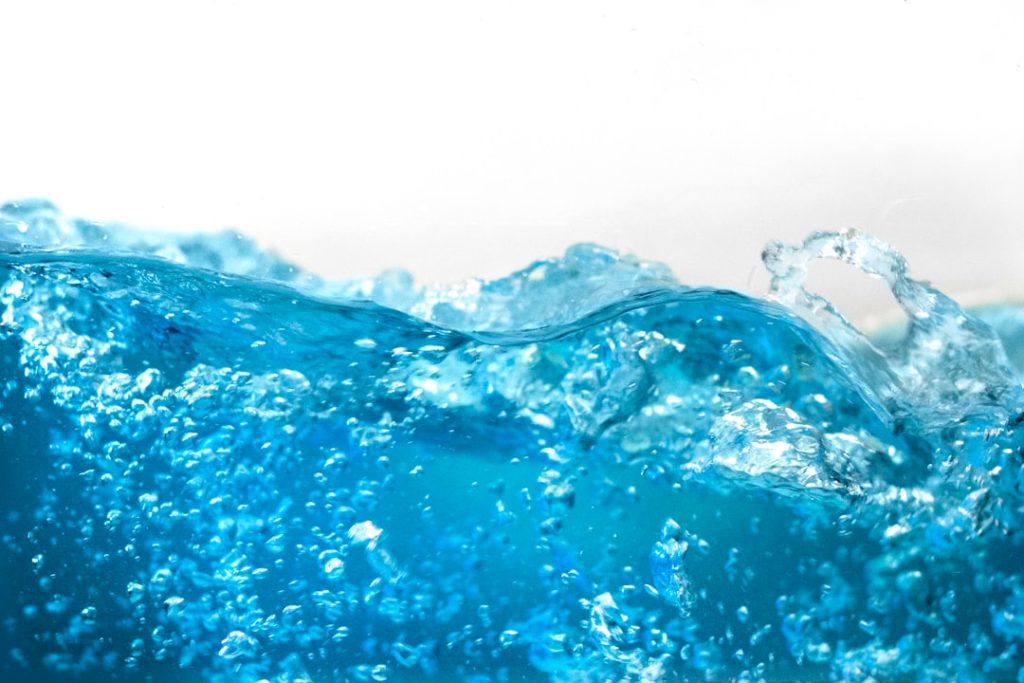By November 2023, it was already clear that the Israeli government had begun to deny Palestinians in Gaza access to water. ‘Every hour that passes with Israel preventing the provision of safe drinking water in the Gaza strip, in brazen breach of international law, puts Gazans at risk of dying of thirst and diseases related to the lack of safe drinking water’, said Pedro Arrojo-Agudo, UN special rapporteur on the human rights to safe drinking water and sanitation. ‘Israel’, he noted, ‘must stop using water as a weapon of war’. Before Israel’s most recent attack on Gaza, 97 percent of the water in Gaza’s only coastal aquifer was already unsafe for human consumption based on World Health Organisation standards. Over the course of its many attacks, Israel has all but destroyed Gaza’s water purification system and prevented the entry of materials and chemicals needed for repair.
In early October 2023, Israeli officials indicated that they would use their control over Gaza’s water systems as a means to perpetrate a genocide. As Israeli Major General Ghassan Alian, the head of the Coordination of Government Activities in the Territories (COGAT), said on 10 October, ‘Human beasts are dealt with accordingly. Israel has imposed a total blockade on Gaza. No electricity, no water, just damage. You wanted hell, you will get hell’. On 19 March, UN Humanitarian Coordinator for Palestine Jamie McGoldrick noted that Gaza needed ‘spare parts for water and sanitation systems’ as well as ‘chemicals to treat water’, since the ‘lack of these critical items is one of the key drivers of the malnutrition crisis’. ‘Malnutrition crisis’ is one way to talk about a famine.
The assault on Gaza – whose entire population is ‘currently facing high levels of acute food insecurity’, according to Oxfam and the Integrated Food Security Phase Classification – has sharpened the contradictions that strike the world’s people with force. A UN report released on World Water Day (22 March) shows that, as of 2022, 2.2 billion people have no access to safely managed drinking water, that four out of five people in rural areas lack basic drinking water, and that 3.5 billion people do not have sanitation systems. As a consequence, every day, over a thousand children under the age of five die from diseases linked to inadequate water, sanitation, and hygiene. These children are among the 1.4 million people who die every year due to these deficiencies. The UN report notes that, since women and girls are the primary collectors of water, they spend more of their time finding water when water systems deteriorate due to inadequate or non-existent infrastructure or droughts exacerbated by climate change. This has resulted in higher dropout rates for girls in school.
read this post in full here: www.transcend.org/tms/2024/04/how-israel-weaponizes-water/








